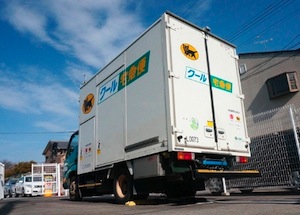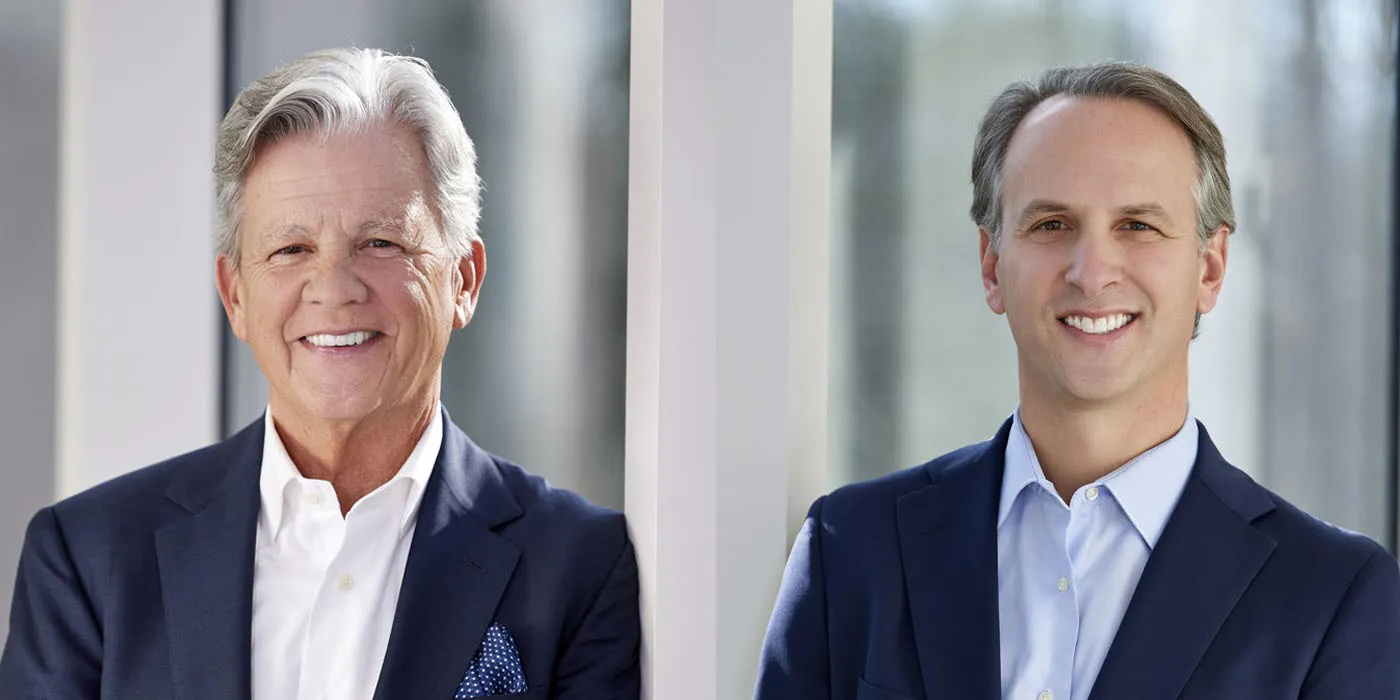KARIYA, Japan — Global automotive supplier DENSO Corp. will begin a 10-month field test of its wireless battery charging system in Toyota City, Aichi Prefecture, Japan. The field test is intended to identify any potential operational issues and also look at ways to enhance the convenience of wireless charging. The field test will begin on Feb. 24 and end in December 2014.
 How it works
How it works
When there are two coils apart, electric current can flow through one coil by applying electricity to the other coil. The wireless charging system uses this mechanism to wirelessly transmit power from a power transmission pad on the ground to a power-receiving pad equipped on a vehicle.
For the test, DENSO has equipped a Yamato Transport delivery truck with a power receiver that will wirelessly receive the energy from a power transmission pad located on the pavement of a 7-Eleven convenience store parking lot. The electricity charged in the truck’s battery is then used to power the refrigeration system while the engine is stopped during pickups and deliveries. Not only will the system improve convenience, but it will also help reduce emissions of refrigeration trucks since the battery will continue to power the refrigeration system even when the engine is off.
DENSO has been developing the wireless charging system with the goal to commercialize by 2020. DENSO is working to reduce the size, weight, and cost of the system while also looking to enhance convenience.
In Japan, Toyota City is designated as an experimental city for next-generation energy sources and social systems, a program which has been promoted by Japan’s Ministry of Economy, Trade and Industry since April 2010.
The Impact of Trade and Tariffs on the Aftermarket
Numerous components make up “landed costs,” but duties, taxes and tariffs can often be a detriment to global trade.
This article, contributed by Tom Cook, is courtesy of AftermarketNews.
All companies engaged in the global supply chain seek to lower the “landed costs” on their goods in imports and exports sales, purchasing and operations.
While there are numerous components that make up “landed costs,” duties, taxes and tariffs are a huge factor and can often be a detriment to global trade.
BCA Bearings Unveils 2024 Endless Summer Promotion
The Endless Summer promotion runs from May 1 through June 30, 2024.
ASE Education Foundation Partners on 10 Training Scholarships
Instructors attended a five-day, hands-on training session at the Navistar’s OEM training center.
JNPSoft OptiCat Unveils DataLive Product Tracking Tool
New platform aims to automate a manual process, maximizing time and resource allocations.
AI Technology Puts ACES and PIES on ‘Steroids’
PDM Automotive fosters connections and streamlines information flow across the automotive aftermarket.
Other Posts
Women In Auto Care Introduces ‘Women of the World’
The event will take place the first Wednesday of every month beginning in May.
Customer Service: How It’s Done
Customer service should be your number one priority, and it all starts with the greeting.

MEMA Launches At-Home REPAIR Campaign
The next step in the campaign to get the REPAIR Act passed is to get aftermarket suppliers involved.
Shaw Assumes Leadership of MEMA Original Equipment Suppliers
Collin Shaw succeeds Julie Fream who served 10 years in the position.



